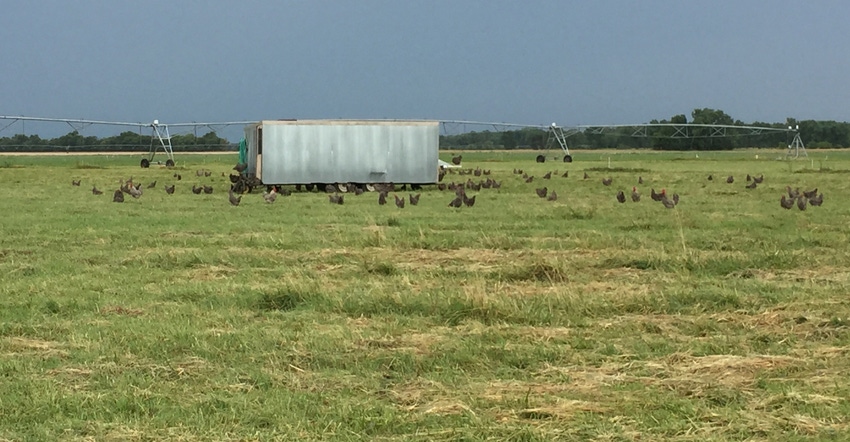
There’s been plenty of hype surrounding organic foods in recent years, much of it oppositional in an "organic vs. commercial" kind of argument.
With consumer demand growing faster than domestic production, there’s an emerging question for many Kansas farmers: Why not both? Farmers often have fields that can be converted to organic production to help increase the bottom line as organic crops command a much higher price than conventional crops.
Organic sales now account for more than 4% of total food sales, according to the Center for Rural Affairs, and that market share is growing.
"Demand for organic food is growing so fast that consumer demand is outstripping some domestic supplies," said Cora Fox, Center for Rural Affairs policy program associate. "The U.S. spends more than $1 billion per year to import organic food, according to the U.S. Department of Agriculture. This leaves much opportunity for Midwest farmers to enter the organic market and benefit from increased price points."
The farm bill that expires on Sept. 30 has helped foster the entry of more farmers into the organic market. The National Organic Certification Cost Share Program, Conservation Reserve Program, Transition Incentives Program and Value-Added Producer Grants Program are all provisions that offer financial aid for farmers trying to add organic acres or move existing farmland from commercial to organic production.
The House version of the new farm bill proposes to zero out the National Organic Certification Cost Share Program. House legislators have also proposed to eliminate the Value-Added Producer Grants Program, which provides a path for farmers and ranchers to diversify their income streams.
In Kansas, organic farmers generally get two to three times higher prices for their crops than conventional farmers. In 2015, the last year for which numbers are available, farmers sold $17.8 million in organic products.
There are 86 Kansas certified organic farms operating on 54,208 acres, and the top three organic crops are corn, wheat and soybeans.
The Center for Rural Affairs is urging all farmers to make their voices heard as the Senate prepares to mark up and debate its version of the 2018 Farm Bill.
About the Author(s)
You May Also Like




